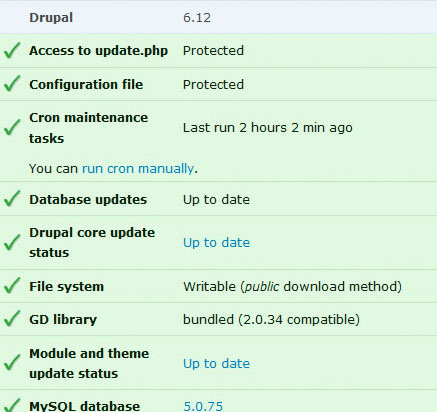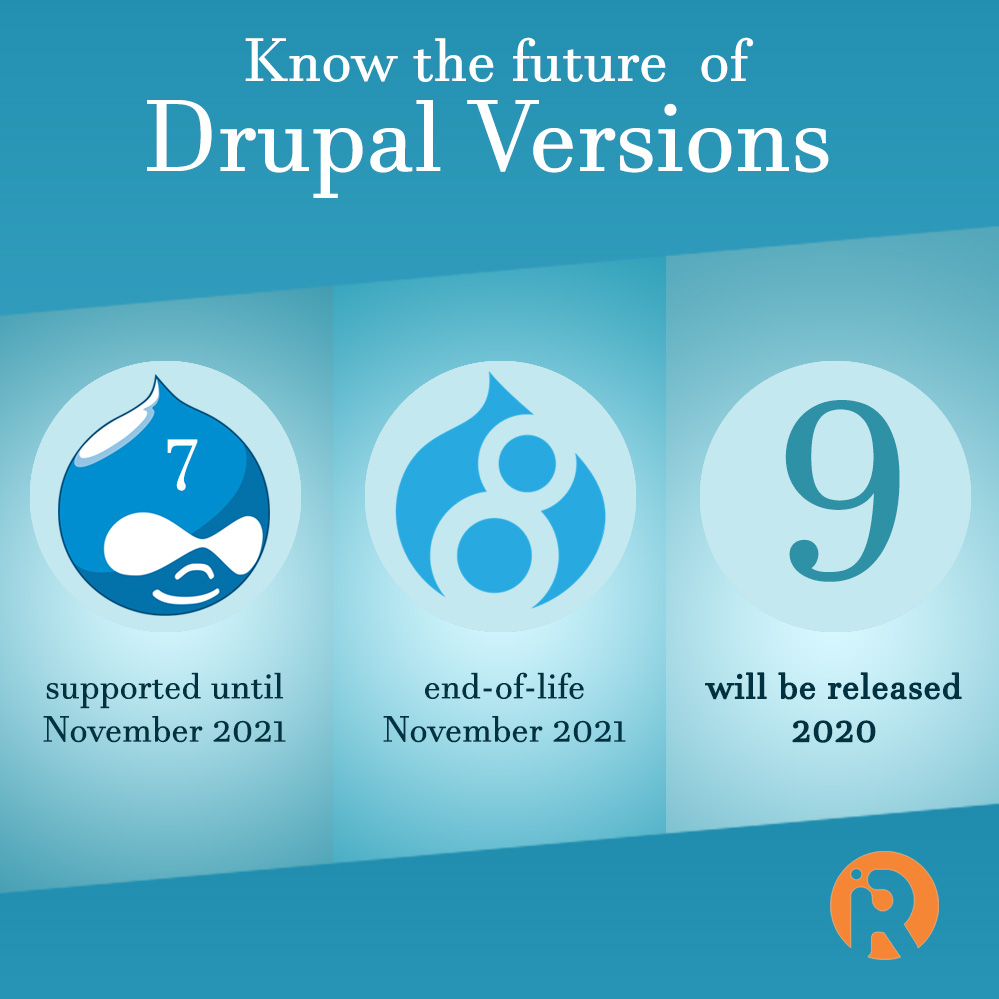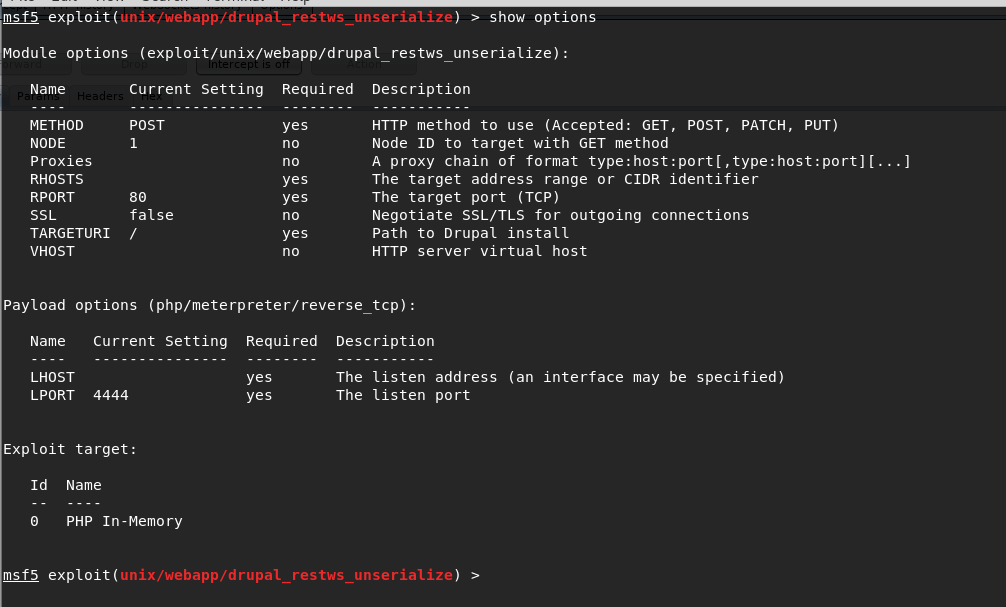

- #Drupal core version how to#
- #Drupal core version install#
- #Drupal core version update#
- #Drupal core version manual#
- #Drupal core version Patch#
Regardless of which method you wind up using to update your Drupal site it is always a good idea to make sure you have a fresh backup available. While I would recommend being familiar with all of the methods, they accomplish the same thing. There are several different methods of updating your site outlined below. With this knowledge in hand you're ready to begin the actual mechanics of the update process. These will provide a high-level overview of the changes that have gone into the new version.
#Drupal core version Patch#
Once you've determined whether your update is a minor or patch update, it's a good idea to read the release notes. The process for upgrading Drupal is the same for both minor and patch releases. As such, the impact of a patch release is genuinely quite minimal, but may be important to address in a timely fashion, especially in the case of a security release. Patch releases may occur monthly, but only contain security and bug fixes. We'll cover three different ways to go about a minor version update below.

As a result, minor version updates are usually a relatively straightforward process.

Minor releases may contain new experimental modules containing features that add additional functionality but aim to maintain backward compatibility within the major version. This timeline helps organizations build their update plan into their development process. So if your version of Drupal is a major version behind you can start learning about the upgrade/migration process with Migrate to Drupal 9 or 10.ĭrupal's release cycle now dictates that new minor versions are scheduled for release about every six months. But since the Drupal upgrade process is typically quite complex, we have an entire series of tutorials devoted to the topic. On our blog we walked through a simple Drupal 7 to Drupal 8 migration which might give you a sense of what could be involved in the process. Unlike an update, performing an upgrade is typically no small undertaking. Typically, a transition between major versions, say between Drupal 6 or 7 and Drupal 9, requires an upgrade or a migration. Since we keep our tutorials up-to-date with the most recent recommended version of Drupal, you can read more about the minor version releases on our blog for the 8.0.0, 8.1.0, and 8.2.0 releases.įirst and foremost it's worth noting the differences between updating and upgrading. New patch-level releases are available monthly, while minor versions are currently released every six months. The second digit, 2, is the minor version, and the third digit, 4, is the patch level. The first digit, 8, indicates the major version of Drupal. As as an example suppose that version 8.2.4 is the current recommended release. Follow the steps in Method #2: Update Drupal with Composer if you installed Drupal core using Composerĭrupal's version number is composed of three parts.
#Drupal core version manual#
Follow the steps in Method #1: Manual update procedure if you installed Drupal core by downloading the code from.Execute any require database updates via update.phpĭepending on how you installed Drupal core the exact steps are different:.Perform any additional steps noted in the release notes.Update all Drupal core code to the latest version.Make a backup of your existing database.Updating Drupal's minor version requires the following steps: Note: This tutorial applies to Drupal 8.8.x and above, including the latest version of Drupal.
#Drupal core version install#
#Drupal core version how to#
How to perform a major version Drupal upgrade, for example, from Drupal 6 or 7 to the latest version of Drupal.Since we're committed to making sure our tutorials are kept up-to-date with the latest and greatest version of Drupal we figured it would be a good idea if you knew how to keep your Drupal site up-to-date with the latest point releases as well. Drupal releases use the semantic versioning scheme to indicate whether a release is a major, minor or patch release. Now in Drupal, core development has successfully transitioned to a regular release cycle.


 0 kommentar(er)
0 kommentar(er)
